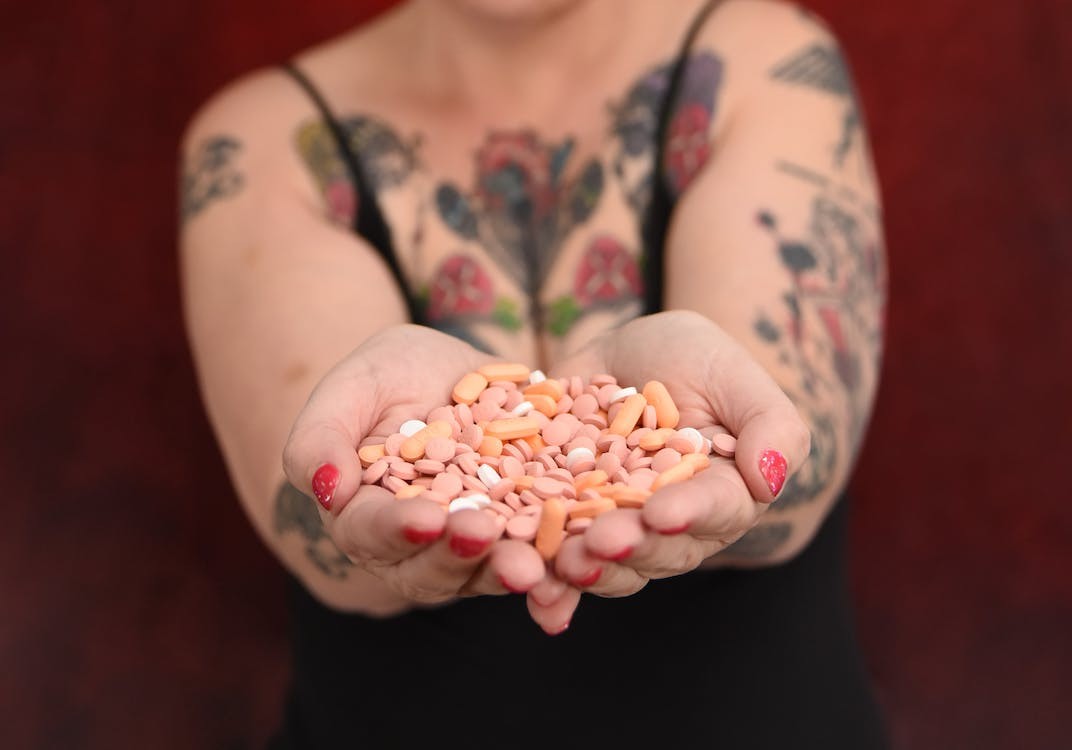
Importance Of Self-care In Benzodiazepine Addiction Recovery
Taking Care of Yourself is Key
With Dr. William R. Miller’s approach to understanding addiction in mind, it’s clear that self-care plays an instrumental role in your recovery from benzodiazepine addiction. In his work, Miller emphasizes the power of self-efficacy and motivation in overcoming addiction, which ties directly into the practice of self-care. Prioritizing your own needs and well-being can foster a sense of self-worth and empowerment, both of which are vital in your recovery journey.
Understanding the Journey
Your path to recovery will be unique, tailored to your experiences, strengths, and challenges. At Changes Rehab, we understand this individuality and strive to provide the necessary tools and guidance to help you navigate your journey. In fact, it’s this recognition of individual experience that shapes our approach, acknowledging that self-care will look different for everyone.
“Almost everything will work again if you unplug it for a few minutes, including you.” – Anne Lamott
The Role of Self-Care in Recovery
While it may sound simple, self-care is a multifaceted concept that encompasses physical, emotional, and mental health. In the context of recovery, self-care can involve setting healthy boundaries, prioritizing physical health, engaging in stress management techniques, and seeking supportive relationships. Each of these actions can contribute to your recovery, reinforcing your resilience and commitment to a healthier life.
FAQs About Self-Care in Benzodiazepine Recovery
In understanding self-care in benzodiazepine recovery, you may have a number of questions. Here, we’ve addressed some of the most common inquiries we receive at Changes Rehab.
- Self-care can be a crucial component in your recovery journey because it promotes physical, emotional, and mental wellness. It allows you to build resilience against triggers and stressors that may cause relapse.
- Some examples of self-care activities you can try are regular exercise, balanced nutrition, adequate sleep, meditation, mindfulness practices, pursuing a hobby, spending time in nature, or just taking a few minutes each day for deep breathing and relaxation.
- Changes Rehab incorporates self-care into their treatment programs through individual and group therapies that promote physical, mental, and emotional health. Additionally, they offer activities like yoga, meditation, and recreational therapies that help you develop healthy self-care habits.
- If you find it hard to prioritize self-care, it’s helpful to remember that self-care isn’t selfish. It’s about giving your body and mind the care they need to recover and function optimally. Start with small, manageable changes and gradually build up as your strength and resilience improve.
- Self-care can significantly improve your mental health during recovery by reducing anxiety, stress, and depression symptoms. It also promotes a positive mindset and improves self-esteem, which are essential for sustained recovery.
- Yes, practicing self-care can prevent relapse by helping you manage stress and negative emotions that often trigger relapse. Moreover, it strengthens your physical and mental health, thus making you more resistant to cravings.
- Maintaining a self-care routine after leaving rehab involves consistency and commitment. Start with simple activities that you enjoy and can easily incorporate into your daily routine. Seek support from loved ones or support groups to keep you motivated.
- Self-care plays a crucial role in managing withdrawal symptoms. Regular exercise can help alleviate physical symptoms like restlessness and insomnia, while mindfulness and relaxation techniques can reduce anxiety and mood swings.
- Yes, self-care activities can be incorporated into your daily routine. You could start your day with a short meditation session, take regular exercise breaks, eat balanced meals, and ensure you have enough sleep.
- Your family and friends can support you in your self-care journey by providing emotional support, participating in self-care activities with you, and helping you maintain a positive and healthy environment conducive to recovery.
As you navigate the road of recovery from Benzodiazepine addiction, remember that self-care is not a luxury but a necessity. The power to shape your journey lies within you, and by placing yourself at the center of your recovery, you create a ripple effect that touches every aspect of your life.
Think about your own journey as a garden that you are tending. Each day, your self-care practices are the water and sunlight that allow your resilience, hope, and strength to grow. Changes Rehab is here as a partner, providing the tools and support you need to cultivate a healthier, brighter future.
Remember, the process may be challenging and there may be setbacks, but each moment is an opportunity to practice self-compassion and patience. If you find it hard to prioritize self-care, remember the words of Audre Lorde: “Caring for myself is not self-indulgence, it is self-preservation, and that is an act of political warfare.” In the context of your recovery, this means that prioritizing your well-being isn’t just important – it is revolutionary. Embrace the power of self-care as you continue on your path to recovery. You are worth the effort.


